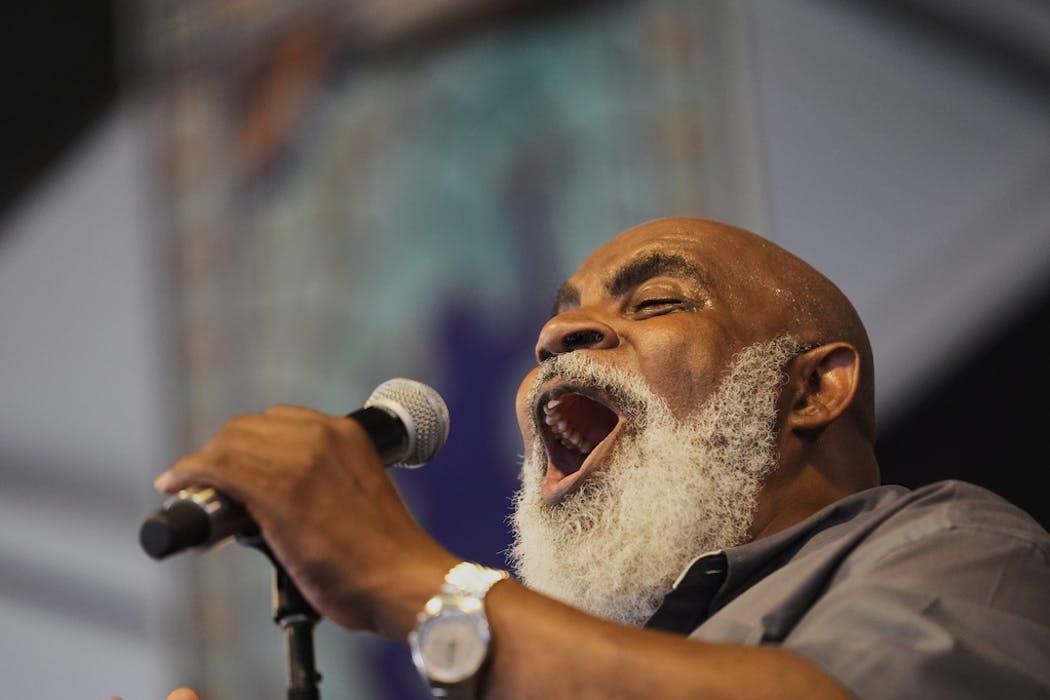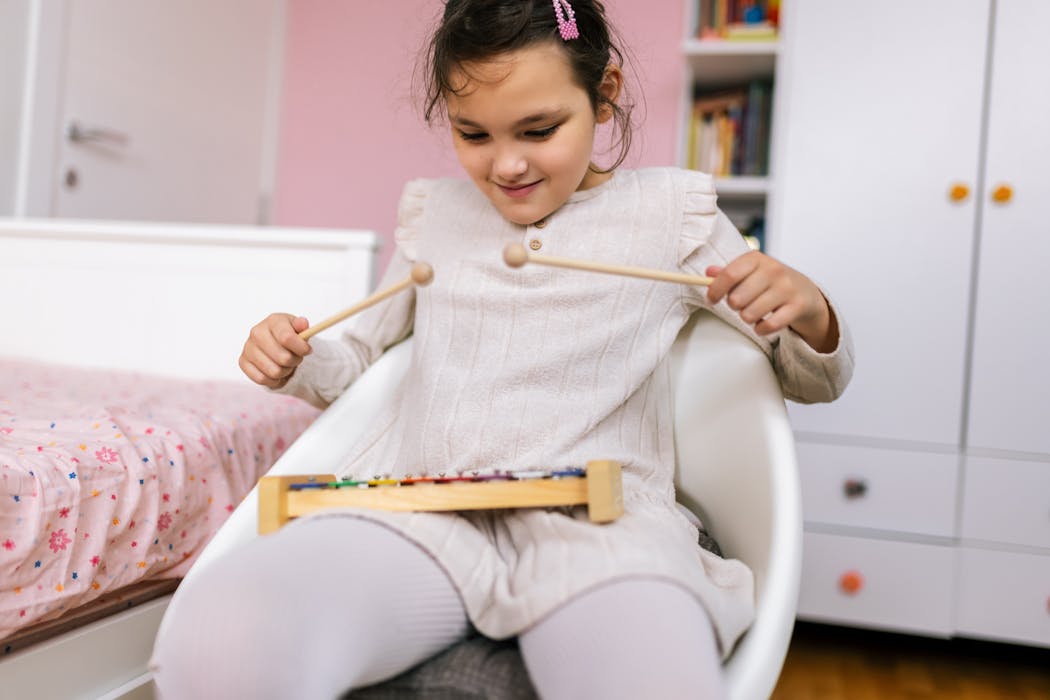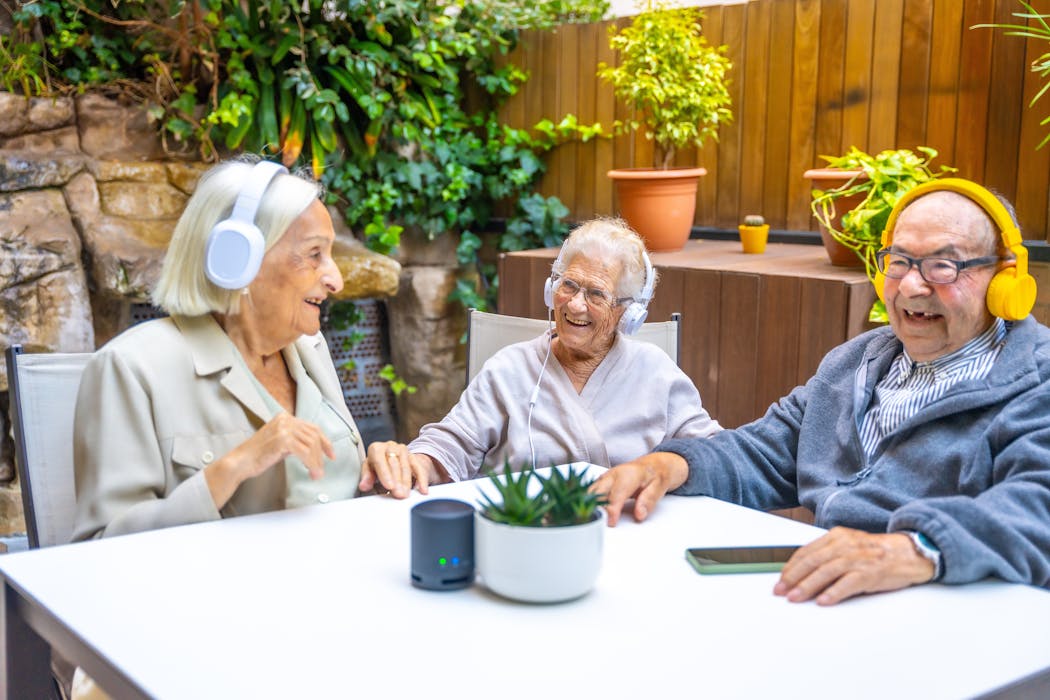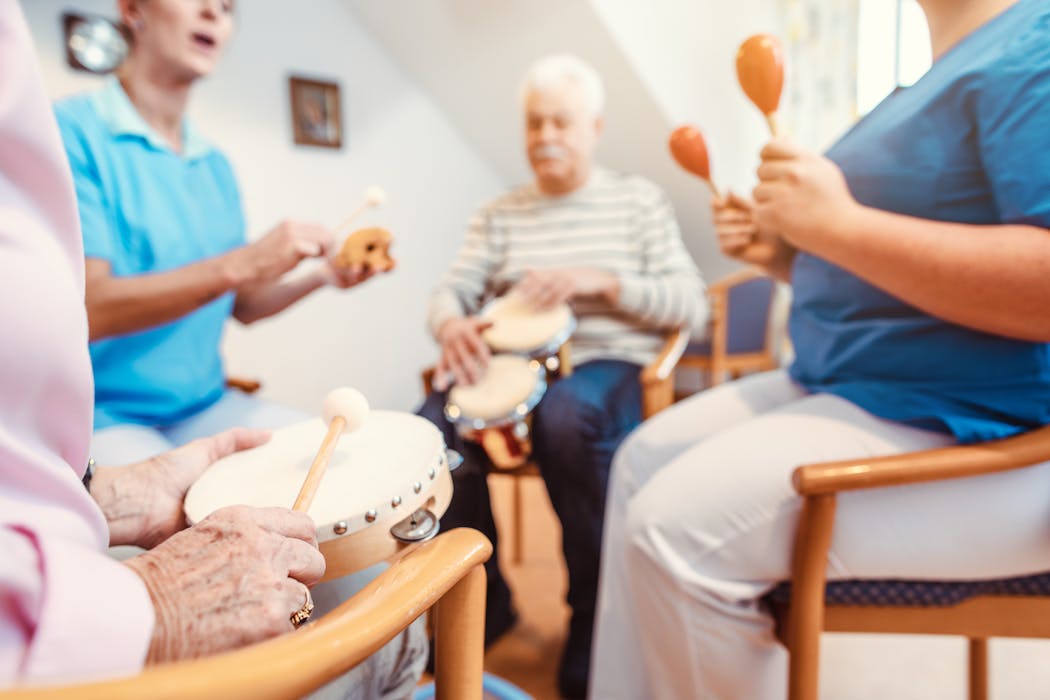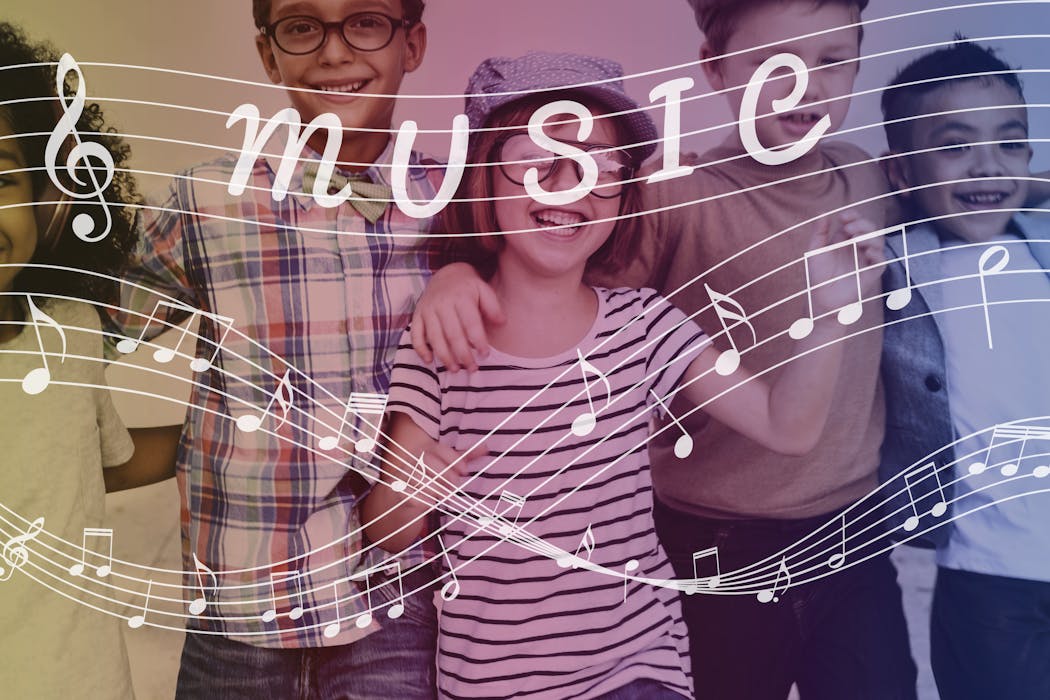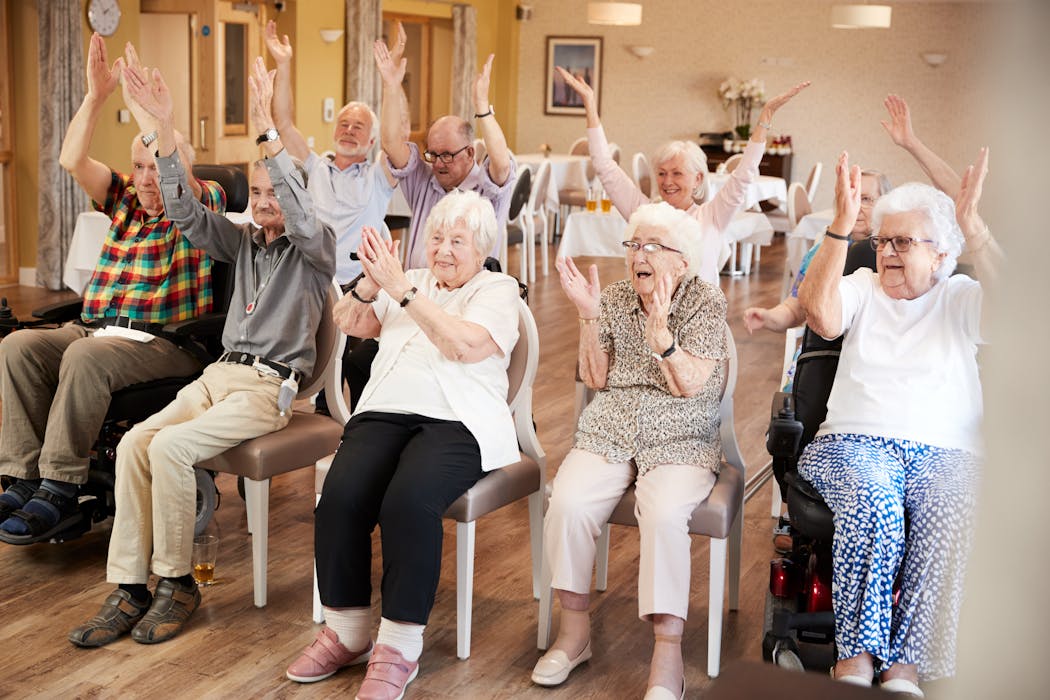Introduction
Post-Traumatic Stress Disorder (PTSD) is a significant issue affecting many Australian veterans. It is a mental health condition that can develop after experiencing or witnessing a traumatic event. The symptoms of PTSD can be debilitating and have a profound impact on a person’s daily life. It is crucial to address these symptoms and provide effective treatment options for veterans to improve their quality of life and overall well-being.
Understanding the Impact of PTSD on Australian Veterans
PTSD is a complex condition that can affect individuals who have experienced or witnessed a traumatic event. In Australia, veterans are particularly vulnerable to developing PTSD due to their exposure to combat situations and other traumatic experiences during their service. According to a study conducted by the Australian Institute of Health and Welfare, it was found that around 8.3% of Australian veterans experience PTSD in their lifetime.
Common symptoms of PTSD include intrusive thoughts or memories of the traumatic event, nightmares, flashbacks, avoidance of triggers, hypervigilance, and emotional numbness. These symptoms can significantly impact a person’s mental health, relationships, and overall functioning. It is essential to address these symptoms and provide effective treatment options for veterans to improve their well-being and quality of life.
The Role of Music Therapy in Addressing PTSD Symptoms
Music therapy is a therapeutic approach that uses music to address physical, emotional, cognitive, and social needs of individuals. It is a non-invasive and non-pharmacological treatment option that has shown promising results in helping individuals with PTSD. Music therapy can be tailored to meet the specific needs of each individual and can be used in various settings, including individual therapy sessions, group therapy, and community programs.
Music therapy can help with PTSD symptoms in several ways. Firstly, music has the ability to evoke emotions and memories, which can be beneficial for individuals with PTSD who may struggle with emotional processing. Secondly, music therapy provides a safe and supportive environment for individuals to express themselves and explore their feelings. Finally, music therapy can help individuals develop coping skills and relaxation techniques that can be used to manage symptoms of PTSD.
How Music Therapy Helps Veterans Process Trauma and Emotions
One of the key ways that music therapy can help veterans with PTSD is by facilitating emotional processing. Many individuals with PTSD struggle to process and express their emotions related to the traumatic event. Music therapy provides a safe and non-threatening way for individuals to explore and express their emotions. Through the use of music, individuals can connect with their emotions and begin to process and make sense of their traumatic experiences.
There are several music therapy techniques that can be used to help veterans process trauma and emotions. One such technique is songwriting, where individuals are encouraged to write and perform songs that reflect their experiences and emotions. This process allows individuals to express themselves creatively and can be a powerful tool for emotional healing. Another technique is improvisation, where individuals are encouraged to play or sing freely without any predetermined structure. This can help individuals access and express emotions that may be difficult to put into words.
The Science Behind Music Therapy and Its Healing Effects
Research has shown that music therapy can have a significant impact on the brain and body, leading to healing effects for individuals with PTSD. Studies have found that music therapy can reduce symptoms of anxiety, depression, and stress, which are commonly associated with PTSD. It has also been found to improve sleep quality and overall well-being.
The healing effects of music therapy can be attributed to its impact on the brain and body. Music has the ability to activate the reward system in the brain, releasing dopamine and other feel-good neurotransmitters. This can help individuals experience pleasure and relaxation, reducing symptoms of anxiety and stress. Music therapy has also been found to regulate heart rate, blood pressure, and cortisol levels, which can help individuals achieve a state of calm and relaxation.
Case Studies: Real-Life Examples of Veterans Benefiting from Music Therapy
There are numerous examples of veterans who have benefited from music therapy in their journey towards healing and recovery. One such example is John, a veteran who served in Afghanistan and developed PTSD as a result of his experiences. John struggled with nightmares, hypervigilance, and emotional numbness. Through music therapy, John was able to express his emotions and process his trauma in a safe and supportive environment. He found that playing the guitar and writing songs helped him connect with his emotions and find a sense of purpose and meaning in his life.
Another example is Sarah, a veteran who served in Iraq and experienced multiple traumatic events. Sarah struggled with anxiety, depression, and social isolation. Through group music therapy sessions, Sarah was able to connect with other veterans who had similar experiences and share her story. She found that playing music together and engaging in creative activities helped her build a sense of community and support. Sarah also learned relaxation techniques and coping skills that she could use in her daily life to manage her symptoms.
The Benefits of Group Music Therapy for Veterans with PTSD
Group music therapy can be particularly beneficial for veterans with PTSD. It provides a supportive and non-judgmental environment where individuals can connect with others who have had similar experiences. Group music therapy allows veterans to share their stories, express their emotions, and build a sense of community and support.
In group music therapy sessions, veterans can engage in activities such as playing instruments, singing, songwriting, and improvisation. These activities promote social interaction, communication, and collaboration, which can help veterans develop interpersonal skills and build relationships. Group music therapy also provides opportunities for veterans to learn from each other and gain insights and perspectives that can contribute to their healing and recovery.
Music Therapy as a Complementary Treatment for PTSD
Music therapy can be used as a complementary treatment for PTSD, alongside other evidence-based treatments such as psychotherapy and medication. It can enhance the effectiveness of these treatments and provide additional support for individuals with PTSD.
Music therapy can be integrated into individual therapy sessions, where it can be used to facilitate emotional processing and provide relaxation and coping skills. It can also be used in conjunction with other therapies such as cognitive-behavioral therapy (CBT) or eye movement desensitization and reprocessing (EMDR) to enhance their effectiveness. Music therapy can be tailored to meet the specific needs and goals of each individual, making it a flexible and adaptable treatment option.
Overcoming Stigma: Encouraging Veterans to Seek Music Therapy
One of the challenges in encouraging veterans to seek music therapy is the stigma surrounding mental health treatment. Many veterans may feel reluctant to seek help due to concerns about being perceived as weak or vulnerable. It is essential to address this stigma and educate veterans about the benefits of music therapy and other mental health treatments.
One way to overcome stigma is by providing information and resources about music therapy and its effectiveness in treating PTSD. This can be done through educational materials, workshops, and presentations targeted towards veterans and their families. It is also important to involve veterans who have benefited from music therapy in sharing their stories and experiences, as this can help reduce stigma and encourage others to seek help.
The Future of Music Therapy in PTSD Treatment for Australian Veterans
The future of music therapy in PTSD treatment for Australian veterans looks promising. As more research is conducted and evidence is gathered, the effectiveness of music therapy in treating PTSD is becoming increasingly recognized. There is a growing demand for alternative and complementary treatments for PTSD, and music therapy is well-positioned to meet this need.
In the future, it is likely that music therapy will become more widely available for veterans, both within the healthcare system and in community programs. There is also potential for the integration of technology in music therapy, such as virtual reality and mobile applications, to enhance the accessibility and effectiveness of treatment. The future of music therapy in PTSD treatment holds great promise for improving the lives of Australian veterans.
Supporting Veterans in their Journey from Trauma to Tune with Music Therapy
In conclusion, music therapy has shown great promise in addressing PTSD symptoms in Australian veterans. It provides a safe and supportive environment for veterans to process trauma and emotions, and it has been shown to have significant healing effects on the brain and body. Through individual and group music therapy sessions, veterans can connect with others, develop coping skills, and build a sense of community and support.
It is crucial to support veterans in seeking music therapy and other mental health treatments. This can be done by raising awareness about the benefits of music therapy, addressing stigma, and providing accessible and affordable treatment options. By supporting veterans in their journey from trauma to tune, we can help improve their quality of life and overall well-being.
Find out how Torongo Therapyplus can help you with your needs. Get in touch with us at smile@torongo.life, or call us on 02 8809 9965.
















